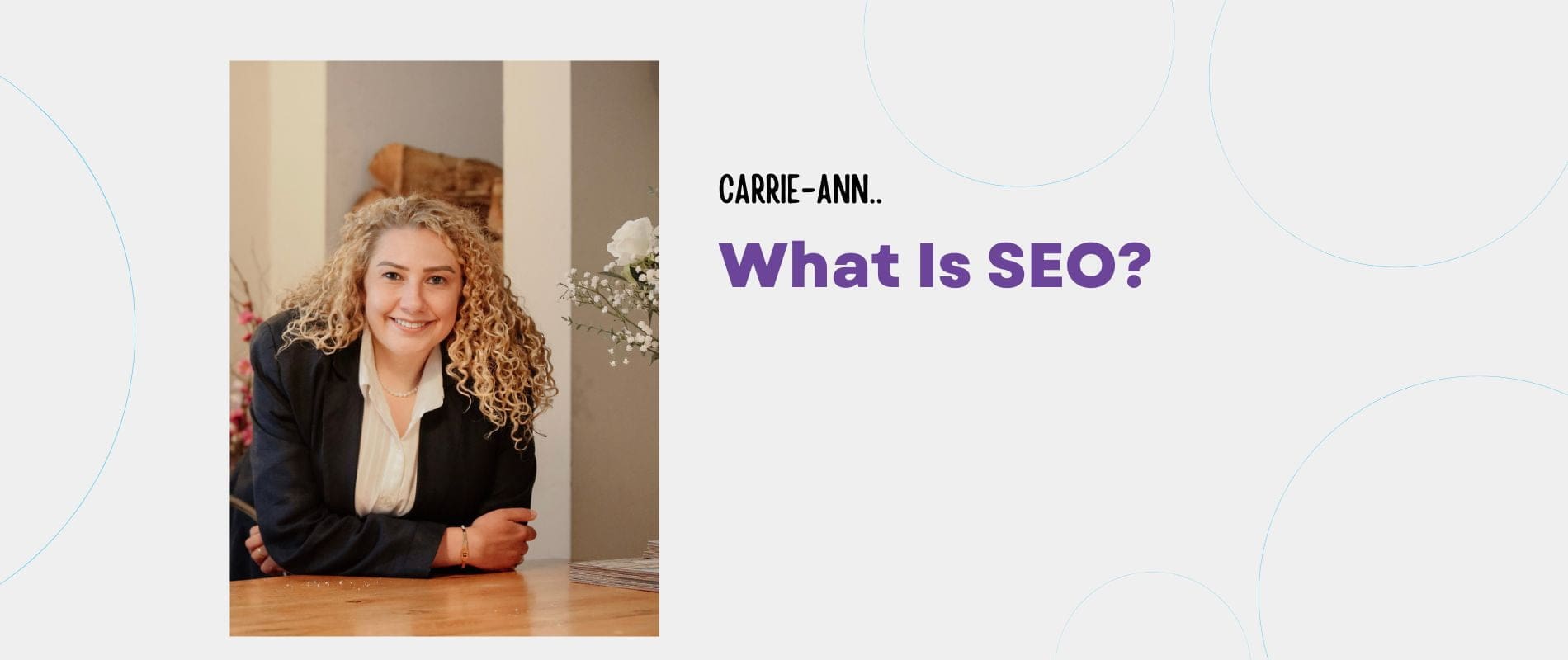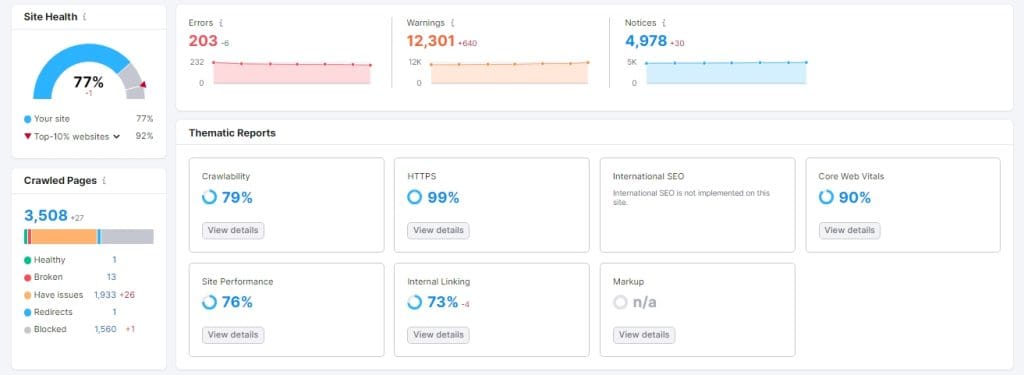
What Is SEO? How Can It Help Your Business?
Understanding SEO: A Simple Guide
Search Engine Optimization ( also known as SEO) is really important. But what exactly is SEO and why does it matter so much?
I have been mastering SEO since 2008, I am going to keep it simple and jargon-free.
What is SEO and What Does It Stand For?
SEO stands for search engine optimization. It’s about making your website easy for people to find when they search for things online that are related to what you offer. The goal of SEO is to get more people to visit your website by showing up higher in search results on search engines like Google.
Why is it so Important?
SEO matters because most people use search engines to find what they’re looking for online. Your ideal customer will search on search engines such as Google to find what you offer.
When your website appears at the top of search results, more people are likely to click on it and visit your site. This can help your business grow and reach more customers.
SEO plays a pivotal role in driving website traffic.
Consider these key reasons why SEO is crucial:
Organic Search is Often the Primary Source of Website Traffic: Search engines like Google and Bing, drive a significant portion of online traffic. When your website ranks higher in search engine results pages (SERPs), you’re more likely to attract clicks and visitors to your website, and that is great for business.
Credibility and Trust: Users trust search engines. If your website appears prominently in search results for relevant queries, users are more likely to see your brand as credible and trustworthy.
Cost-Effectiveness: Unlike pay per click ppc, where you pay for every click or impression, organic traffic via SEO is free (though the effort to achieve it requires investment in time and resources. If you want a good SEO service it will cost money….hint hint, we are very affordable).
Long-term Strategy: SEO efforts, when done right, can get your business sustainable results over time. Unlike paid advertising, which stops generating traffic once you stop paying, organic traffic can continue flowing even after you’ve optimized your site.
How Does it Work?
SEO involves different strategies to make your website more visible in search results.
There are 3 key areas to focus on:
On-Page SEO: This means making sure each page on your website has content that matches what people are searching for. It includes using the right keywords (words people type into search engines) and making your content helpful and easy to read. Meta tags, meta titles, headings etc… is only a small portion of what is involved. There are over 250 ranking factors. Overall, you need to make sure the right web pages show up when someone types in relevant search queries.
Off-Page SEO: This involves getting other websites to link back to your site. It shows search engines that your website is trusted and popular. Please note, links are becoming less important and it is not advised to enter into any spammy backlink practices. If you want to gain good backlinks, I advise a strong PR campaign. If you get backlinking wrong, it can spell disaster for your website. Google are smart, they know if you are trying to cheat.
Technical SEO: This focuses on the technical aspects of your website, like making sure it loads quickly and works well on mobile phones. If your website does not meet Google’s criteria, it is not going to rank. Core vitals is a big part of SEO.
Below is an image from SEMrush that shows the technical overview of a website

Why SEO Keeps Changing
SEO is always changing because search engines update their rules to improve how they show search results. For example, they now focus more on understanding what people are really looking for when they type something into a search engine.
We have to remember that search engines like Google are a business, they have the right to change their business model. They don’t always get it right but overall they want to be the best search engine that provides the best and most relevant results when someone searches for something. They will alter their criteria and algorithms often to achieve this.
How to Do SEO Right
To do SEO well, focus on creating good content that people find useful. Use the right keywords naturally in your content and make sure your website is easy to use on any device. Keep an eye on how your website is performing in search results and adjust your strategy as needed.
If you want to know what Google thinks of your website you can use tools like Google search console and SEMrush.
Conclusion
SEO is about making your website more visible to people searching online. By understanding how SEO works and following best practices, you can attract more visitors to your website and grow your business. It’s a valuable skill to learn for anyone who wants to succeed online.
Alternatively you can hire an expert (like us) and we can do all the keyword research for you to make sure you go after the right ones. It will also be our responsibility to improve your search engine ranking and make sure you stay on Google’s good side. Whoever you hire, it is important they create a good strategy and fully understand how search engines work.
What Does An SEO Strategy Look Like?
A good SEO strategy is all about making a website show up higher in search results, like on Google. Here are the key things that make an SEO strategy work well:
Finding the Right Keywords: This means figuring out what words people are typing into search engines when they’re looking for stuff related to your website. Tools like Google Keyword Planner can help find popular words that aren’t too competitive.
Creating Great Content: This is about making interesting and useful stuff for your website, like blog posts, videos, or pictures. Good content keeps people coming back to your site because it answers their questions or solves their problems.
On-Page Optimization: This means making sure each page on your website is set up properly. This includes things like having good titles, descriptions, and headers, and using the right keywords in your text. It also means making sure your site loads quickly and looks good on mobile devices.
Technical SEO: This is the behind-the-scenes stuff that helps search engines understand and index your site. It includes things like fixing broken links, making sure your site is secure (using HTTPS), and setting up your site’s structure so search engines can easily crawl it.
User Experience (UX): This means making sure your website is easy to use and looks good. It should be fast, work well on phones and tablets, and be easy to navigate.
Local SEO: If your business has a physical location, you need to show up in local searches. This means getting good reviews, making sure your business info (name, address, phone number) is correct everywhere online, and claiming your Google My Business listing.
Tracking and Adjusting: Finally, you need to keep an eye on how your SEO is doing. Tools like Google Analytics can show you how many people are visiting your site and what they’re doing. Based on this data, you can tweak your strategy to get even better results.
A good SEO strategy needs regular updates to keep up with changes in search engine algorithms and trends. This helps your website stay at the top of the search results.